When Kicking and Screaming came out in 1995, it fit squarely within the youth culture of its time College Graduation Movies. With Clinton in the White House and the Pixies on the radio, apathy was par for the course. The term “slacker” became a signifier for a certain kind of seemingly unambitious cool-kid scene.
Coming of grad-age in 2023 feels different. This year’s grads are facing a higher stakes political landscape, and they don’t have the economic breathing room that makes “slacking off” feel possible. Still, there’s something about Kicking and Screaming’s particular vision of early adulthood that feels eternally relatable, at least to this 23-year-old.
At first, the film feels like the credits have just rolled on another, much different movie — one that ends with a swelling, triumphant graduation ceremony, caps in the air. Then the movie just keeps going. Lights back up on this newly-BA’d group of friends: lost, bored, wondering “What now?”
What young person hasn’t had that moment of crisis, no matter what kind of climate they were born into?
What it’s about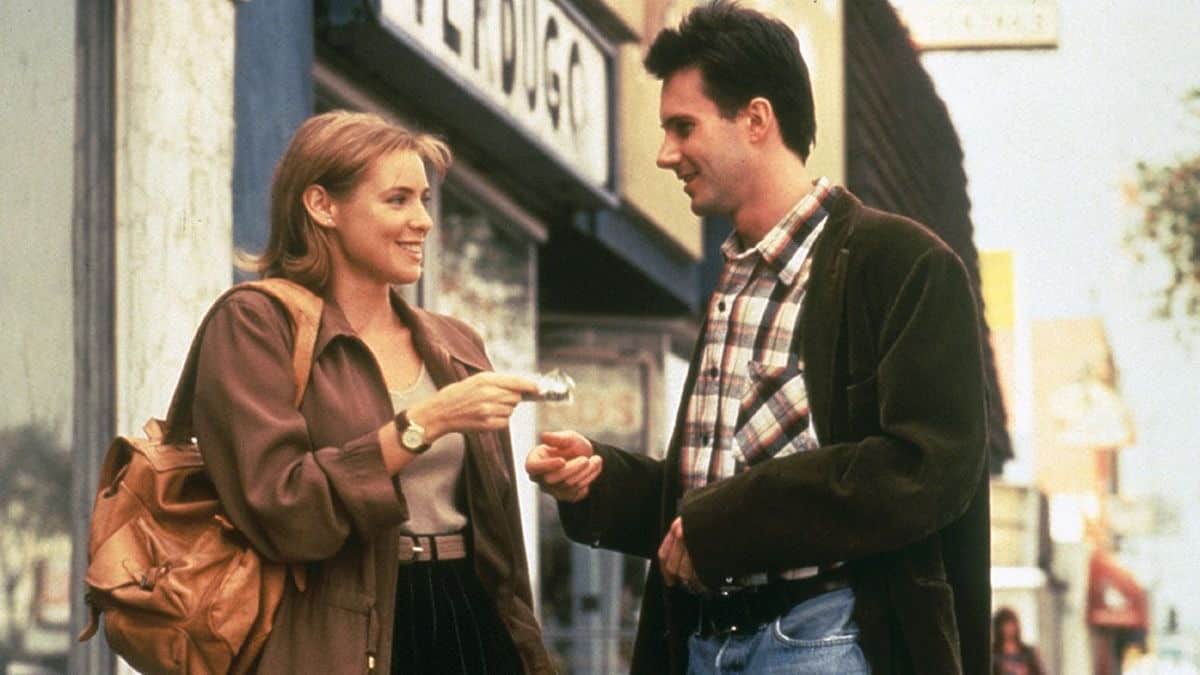
Four recent grads from an unnamed school hang around their old college town waiting for something to happen or dreading that it will. The film revolves less around a plot and more around mumbly, brainy banter that’s as interesting as it is pointless. It’s a style that rhymes naturally with the aimlessness of its characters and is endlessly palatable to the reluctant grad. Creative writing major Grover copes with his girlfriend leaving for Prague. He pines and plans, the result approaching a proto-hipster romcom. Anxious Otis delays grad school for a job at a video store. Rich kid Max, family money dampening his desire to do, well, anything, groans, “What I used to be able to pass off as a bad summer could now potentially turn into a bad life.” They drink at their college bar, date the wrong people, and feel nostalgic for their senior year (four months ago).
Why it resonates
For all its shiftlessness, Kicking and Screaming is not a movie that doesn’t care. The characters all want something deeply, even if they’re too cool to make it obvious. It’s aware of its characters’ posturing, allowing the audience to simmer in their pool of 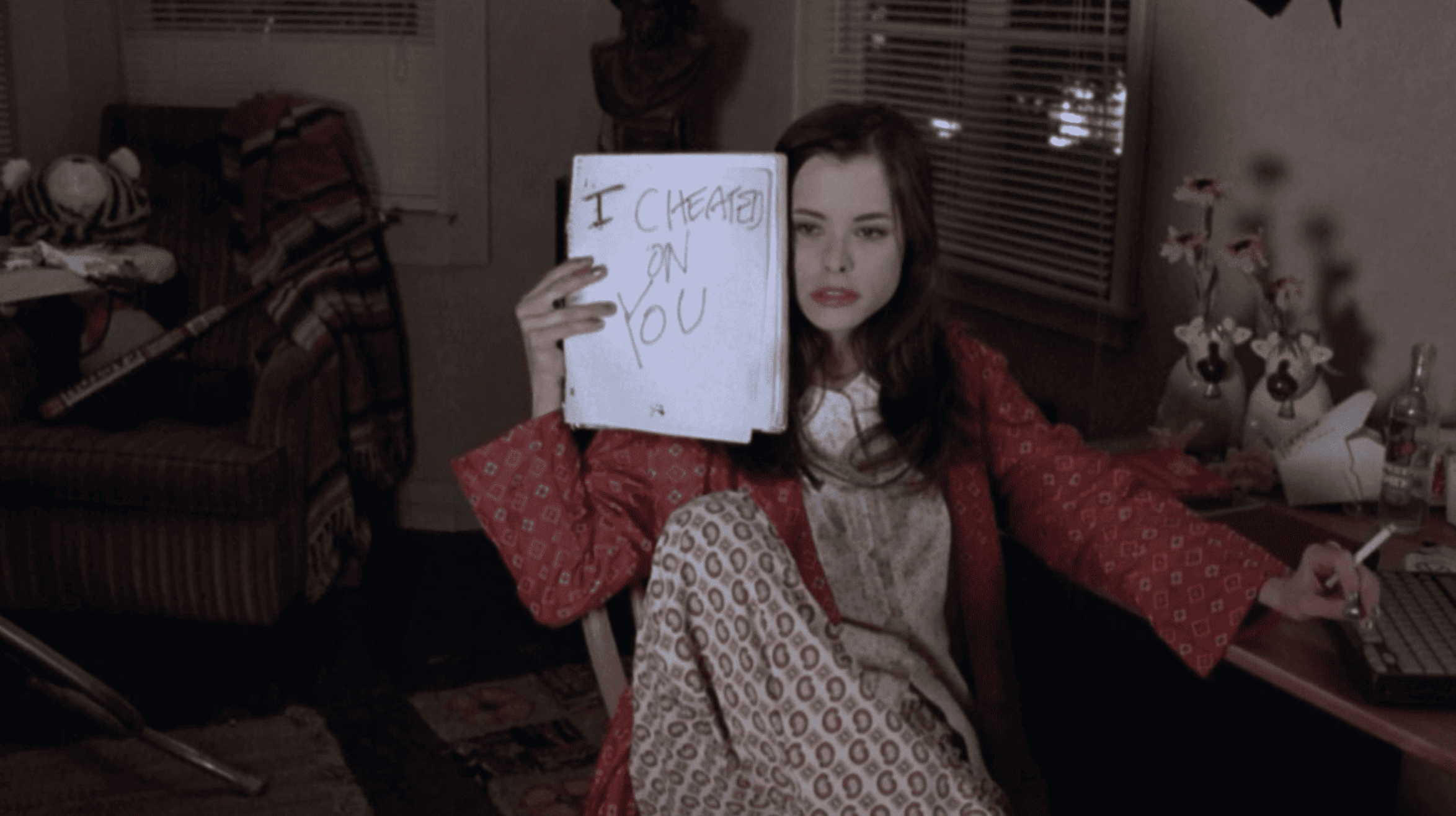 ambivalence. The dialogue is knowingly over-articulate and the visual style is simple, so the audience is given plenty of room to imagine what’s being said behind the Kierkegaard references. It’s not a movie that necessarily inspires but rather gives credence to the very real feeling of lacking purpose, but not lacking desire.
ambivalence. The dialogue is knowingly over-articulate and the visual style is simple, so the audience is given plenty of room to imagine what’s being said behind the Kierkegaard references. It’s not a movie that necessarily inspires but rather gives credence to the very real feeling of lacking purpose, but not lacking desire.
There’s a quote from Richard Linklater (another filmmaker of the Slacker gen), that I think sums up why this movie, and this culture, feels so right to me right now. “I think the cheapest definition [of a slacker] would be someone who’s just lazy, hangin’ out, doing nothing. I’d like to change that to somebody who’s not doing what’s expected of them. Somebody who’s trying to live an interesting life, doing what they want to do, and if that takes time to find, so be it.” Put that on my LinkedIn.


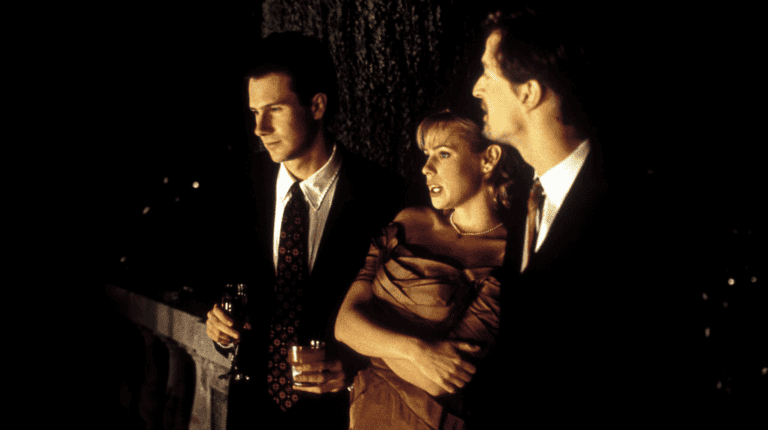
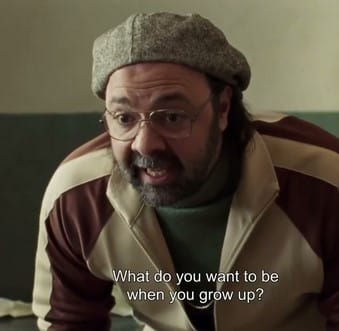

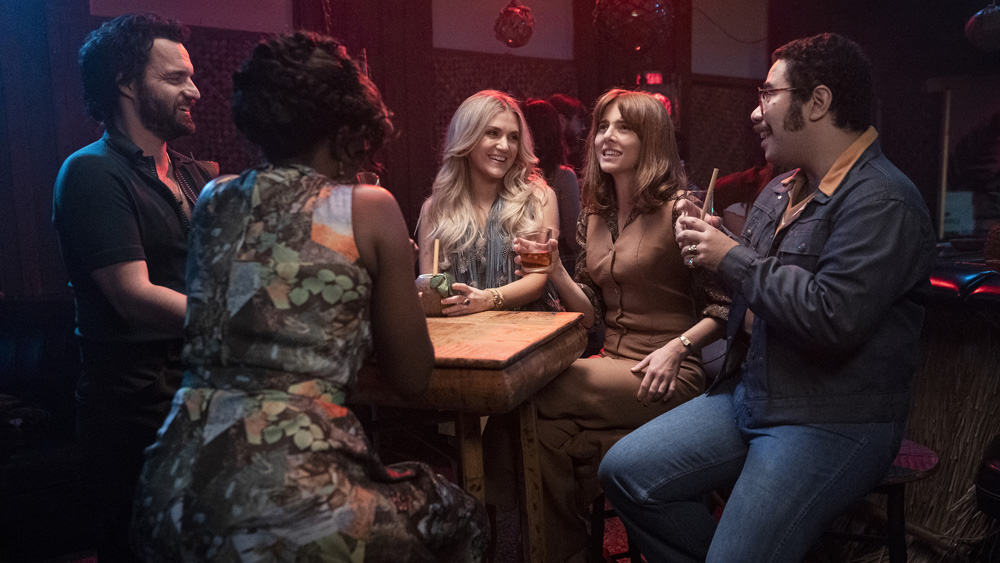
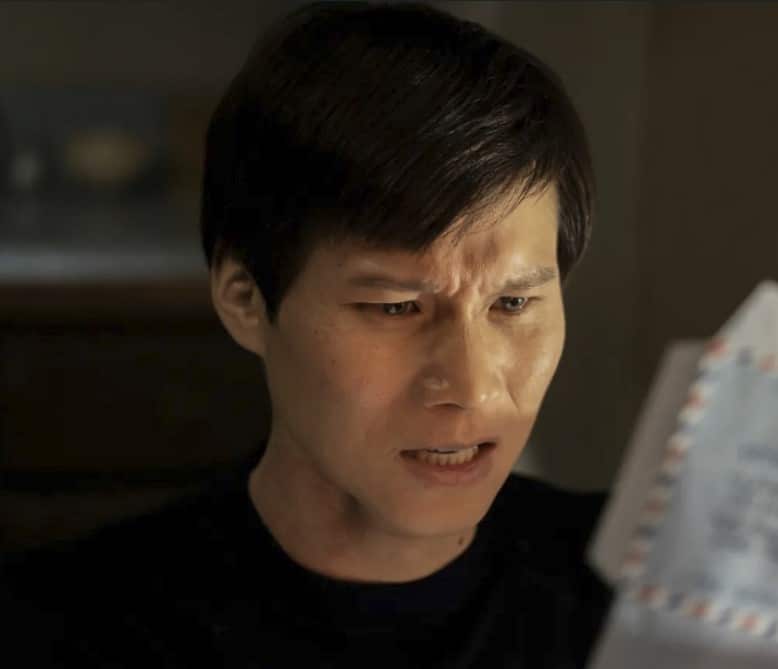


Start a watercooler conversation: